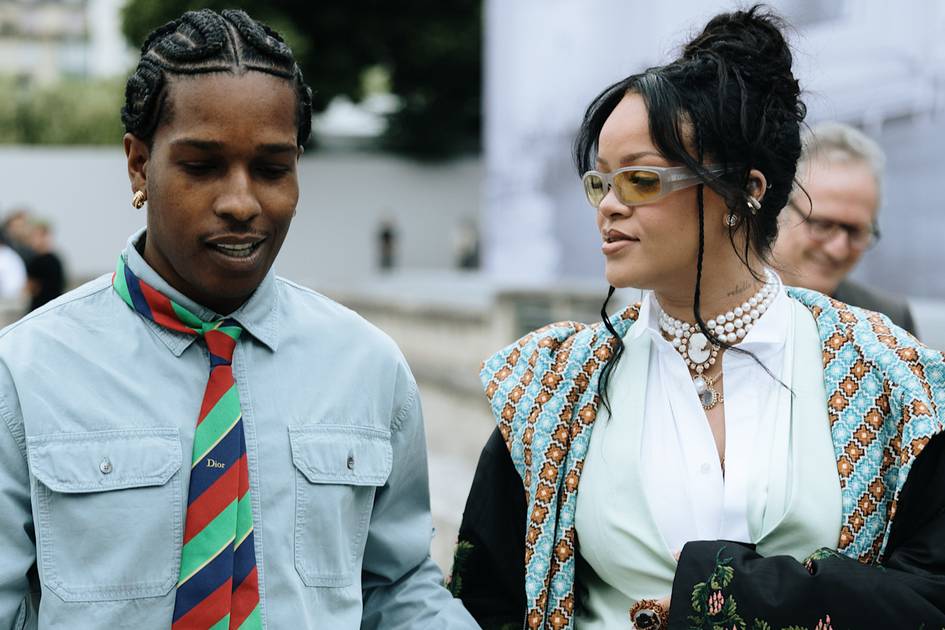It is possible to live and survive without being corrupt - Prof Bawole
As the country grapples with a declining reputation in the global fight against graft and staggering annual losses to corruption estimated at US$3 billion, the Dean of the University of Ghana Business School (UGBS), Professor Justice Nyigmah Bawole, has called for reforms.
He believes Ghana must undergo bold ethical reforms or risk developmental stagnation caused by a failing public administration system.
Delivering a powerful inaugural lecture to a packed Great Hall at the University of Ghana on Thursday, July 10, 2025, Professor Bawole presented a damning diagnosis of the country's public sector, describing corruption as a deeply entrenched challenge that continues to cripple institutions and haemorrhage public funds.
His address, titled "Our Corruption, Our Ethics, Our Public Administration: Wicked Citizens, Wicked Problems, and Stagnating Development," was not merely an academic exercise.
It was a direct confrontation of the grim reality reflected in the most recent 2024 Corruption Perception Index (CPI), released in February 2025.
The report, published by Transparency International's local chapter, the Ghana Integrity Initiative (GII), saw Ghana's score drop to 42 from 43, marking the first decline in five years and ranking the nation 80th out of 180 countries. GII attributed this setback to the government's failure to resolve numerous high-profile corruption scandals and a perceived lack of political will to enforce anti-graft laws.
It is against this backdrop of waning public trust that Professor Bawole's call for a fundamental moral reset resonates so strongly. He argued that sporadic prosecutions are insufficient to cure the disease.
“It is possible to live right and survive in public service without being corrupt. Without a consistent moral foundation, punishing offenders becomes nothing more than a firefighting effort,” he declared, rejecting the notion that systemic rot is inevitable.
The cost of this "firefighting" approach is monumental. The latest Auditor-General's report on public accounts for the 2023 financial year, while noting a reduction in total irregularities from the previous year, still identified billions of cedis in recoverable losses due to cash irregularities, procurement breaches, and contract mismanagement.
These are not just abstract figures; they represent funds that could have been invested in healthcare, education, and critical infrastructure.
Professor Bawole, who ironically was just named last month (June 2025) as Vice Chair of a new technical committee to draft Ghana's National Public Sector Reform Strategy for 2025–2029, asserted that these persistent financial leakages are symptoms of a deeper malaise.
He contended that Ghana is grappling with “wicked problems” largely due to a failing public administration system.
He stressed that national development requires not only sound policies but also morally upright institutions and citizens to implement them.
His proposed solution moves beyond mere policy tweaks, advocating for sustained civic education and a profound cultural shift that actively celebrates integrity.
“True change must be rooted in a shared societal morality that drives sustainable development,” Prof. Bawole argued.
His call for a moral reawakening comes at a time when Ghanaians have been rocked by a series of scandals that have shaken their faith in public office.
The ongoing case involving the former Minister for Sanitation and Water Resources, Cecilia Dapaah, and the recent Interpol red notice issued in June 2025 for former Finance Minister Ken Ofori-Atta over corruption allegations have kept the issue of high-level graft at the forefront of national discourse.
Professor Bawole's inaugural lecture, therefore, serves as both a scholarly intervention and a national call to action, challenging policymakers, civil servants, and citizens alike to look beyond legal frameworks and confront the ethical vacuum that allows corruption to thrive, undermining the very foundations of Ghana's developmental aspirations.
The Views, Comments, Opinions, Contributions and Statements made by Readers and Contributors on this platform do not necessarily represent the views or policy of Multimedia Group Limited.
The Views, Comments, Opinions, Contributions and Statements made by Readers and Contributors on this platform do not necessarily represent the views or policy of Multimedia Group Limited.
You may also like...
Diddy's Legal Troubles & Racketeering Trial

Music mogul Sean 'Diddy' Combs was acquitted of sex trafficking and racketeering charges but convicted on transportation...
Thomas Partey Faces Rape & Sexual Assault Charges

Former Arsenal midfielder Thomas Partey has been formally charged with multiple counts of rape and sexual assault by UK ...
Nigeria Universities Changes Admission Policies

JAMB has clarified its admission policies, rectifying a student's status, reiterating the necessity of its Central Admis...
Ghana's Economic Reforms & Gold Sector Initiatives

Ghana is undertaking a comprehensive economic overhaul with President John Dramani Mahama's 24-Hour Economy and Accelera...
WAFCON 2024 African Women's Football Tournament

The 2024 Women's Africa Cup of Nations opened with thrilling matches, seeing Nigeria's Super Falcons secure a dominant 3...
Emergence & Dynamics of Nigeria's ADC Coalition

A new opposition coalition, led by the African Democratic Congress (ADC), is emerging to challenge President Bola Ahmed ...
Demise of Olubadan of Ibadanland
Oba Owolabi Olakulehin, the 43rd Olubadan of Ibadanland, has died at 90, concluding a life of distinguished service in t...
Death of Nigerian Goalkeeping Legend Peter Rufai

Nigerian football mourns the death of legendary Super Eagles goalkeeper Peter Rufai, who passed away at 61. Known as 'Do...


:max_bytes(150000):strip_icc()/071125-nordstrom-soc-18dc8bc7406841398f30cab28b9db90e.jpg)
